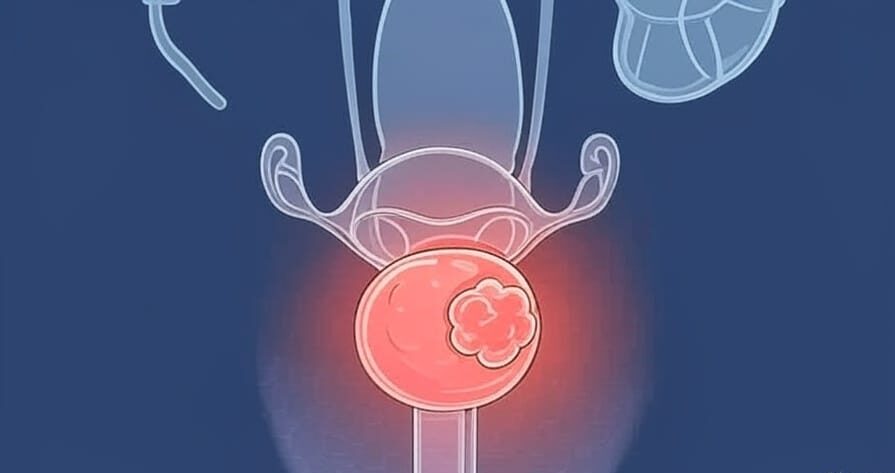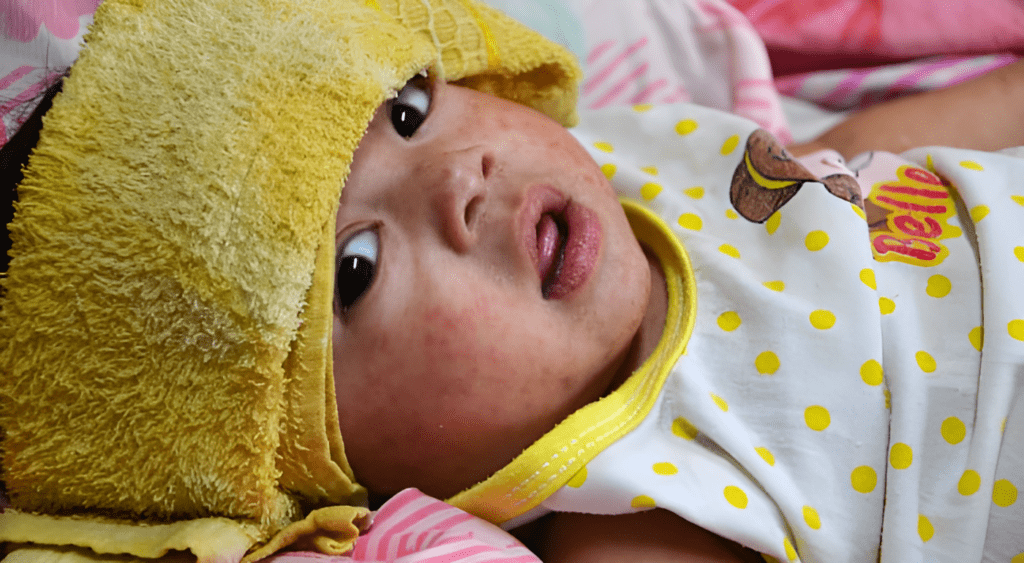
Your bladder isn’t just a storage tank—it’s a frontline defender, filtering out toxins day after day. But what happens when the very things it’s trying to flush become the threat? Let’s pull back the curtain on the hidden drivers of bladder cancer, from the obvious culprits to the surprises lurking in plain sight.
The Usual Suspects: Top Causes of Bladder Cancer
1. Smoking: The #1 Offender
“But I only smoke socially!”
Here’s the hard truth: Tobacco causes 50% of all bladder cancer cases. Every puff sends carcinogens like benzene and aromatic amines into your bloodstream. Your kidneys filter these toxins, dumping them into your bladder—where they sit, stewing, damaging DNA in the bladder lining.
- Smokers are 4–7x more likely to develop bladder cancer than non-smokers.
- Even vaping and smokeless tobacco aren’t safe; they contain nitrosamines linked to cancer.
The kicker? It’s never too late to quit. Risk drops by 30% within 1–4 years of quitting.
2. Chemical Exposures: The Stealth Saboteurs
“I work with my hands—should I worry?”
If your job involves dyes, paints, rubber, or solvents, listen up. Industrial chemicals like benzidine, beta-naphthylamine, and aniline dyes are notorious bladder carcinogens. At-risk professions include:
- Painters
- Textile workers
- Truck drivers (diesel fumes)
- Hairdressers (long-term exposure to hair dyes)
Even arsenic in well water (common in some regions) raises risk. The CDC warns: No level of arsenic is safe.
3. Chronic Inflammation: The Slow Burn
Repeated bladder infections, kidney stones, or long-term catheter use can turn your bladder into a battleground. Chronic irritation sparks DNA mutations, paving the way for squamous cell carcinoma—a rare but aggressive bladder cancer type.
Watch for:
- Schistosomiasis: A parasitic infection (common in Africa/Middle East) causing lifelong bladder inflammation.
- Radiation therapy: Pelvic radiation for other cancers (e.g., prostate) can damage bladder tissue over time.
The Underdogs: Lesser-Known Causes
4. Genetics: The Family Curse You Didn’t See Coming
While only 5–10% of cases are hereditary, mutations in genes like GST (detoxifies carcinogens) or HRAS (cell growth regulator) can stack the deck.
Red flags:
- Family history of Lynch syndrome (hereditary nonpolyposis colorectal cancer).
- Relatives diagnosed with bladder/kidney cancer under age 60.
5. Medications & Supplements: The Double-Edged Sword
- Cyclophosphamide: This chemo drug (used for lupus, lymphoma) increases bladder cancer risk 4–5x by metabolizing into acrolein, a bladder irritant.
- Pioglitazone: A diabetes med linked to a 40% higher risk after 2+ years of use.
- Aristolochic acid: Found in some herbal supplements (e.g., “natural” weight-loss teas), it’s banned in the U.S. but still circulates online.
Prevention: How to Fortify Your Bladder
- Flush the System: Drink 8–10 glasses of water daily to dilute toxins.
- Eat the Rainbow: Cruciferous veggies (broccoli, kale) contain glucosinolates that neutralize carcinogens.
- Screen Smartly: If you’ve been exposed to chemicals or have early signs of bladder cancer, push for a urinalysis or cystoscopy.
The Big Picture
Bladder cancer doesn’t happen overnight. It’s a slow burn—a cocktail of genetics, environment, and habits. But here’s the good news: 40% of cases are preventable. Swap cigarettes for sparkling water, demand PPE at work, and listen when your body whispers (or screams) through symptoms like blood in urine.
FAQs: Bladder Cancer Causes Demystified
How does smoking cause bladder cancer?
A: When you smoke, toxins like benzene and aromatic amines enter your bloodstream. Your kidneys filter these carcinogens into your bladder, where they linger—damaging the lining’s DNA over time. Smokers face 4–7x higher risk than non-smokers, but quitting can slash that risk by 30% in just 1–4 years.
Can frequent UTIs or kidney stones lead to bladder cancer?
A: Chronic irritation from repeated UTIs, stones, or catheters can trigger squamous cell carcinoma, a rare but aggressive type. It’s like your bladder’s lining is constantly under siege, raising the odds of DNA errors.
Is bladder cancer hereditary?
A: Only 5–10% of cases are linked to genetics. Red flags include family histories of Lynch syndrome or bladder/kidney cancer before age 60. If this sounds familiar, ask your doctor about genetic testing.
Can medications or supplements cause bladder cancer?
A: Surprisingly, yes:
- Cyclophosphamide (a chemo drug) metabolizes into bladder-damaging acrolein.
- Herbal supplements with aristolochic acid (banned but still sold online) are stealthy culprits.
Always disclose all meds and supplements to your doctor.
What foods help prevent bladder cancer?
A: Load up on cruciferous veggies like broccoli and kale—their glucosinolates neutralize toxins. Staying hydrated (8–10 glasses of water daily) also dilutes carcinogens in urine.
Are men really more likely to get bladder cancer?
A: Men are 4x more likely due to higher rates of smoking and chemical exposure. But women: don’t brush off symptoms like blood in urine—you’re more likely to be misdiagnosed initially.
Can I reduce my risk if I’ve been exposed to chemicals?
A: Absolutely. Pair regular checkups with proactive steps:
- Hydrate aggressively to flush toxins.
- Push for workplace safety audits if you handle carcinogens.
- Monitor for early symptoms, like sudden urgency or pain.
Is bladder cancer preventable?
A: 40% of cases are preventable. Ditch cigarettes, limit chemical exposure, and treat chronic inflammation swiftly. Your bladder isn’t just a storage tank—it’s a lifeline. Treat it like one.
Still worried? If you’ve got risk factors or notice warning signs, talk to a doctor now. Early action turns the tide.

